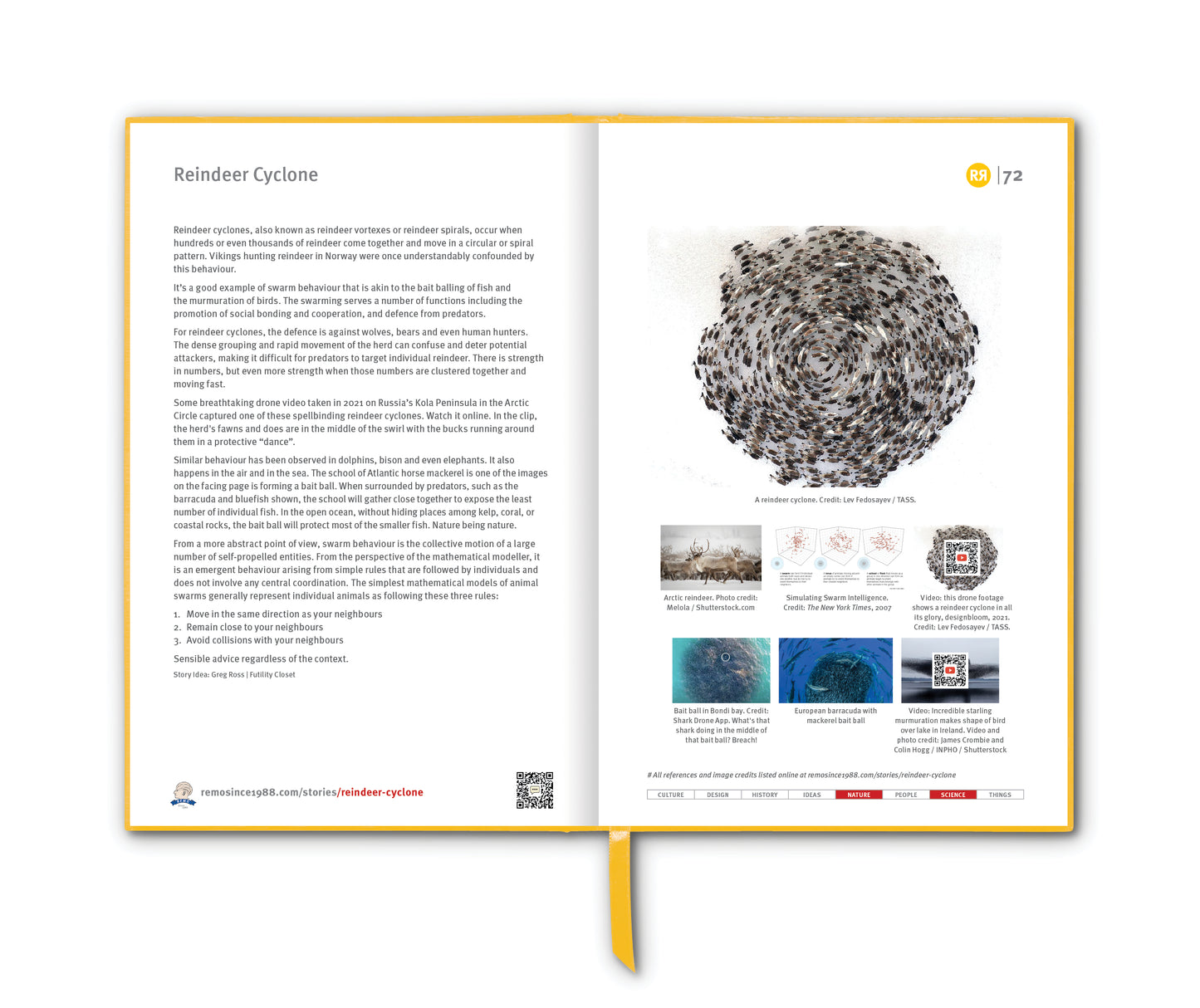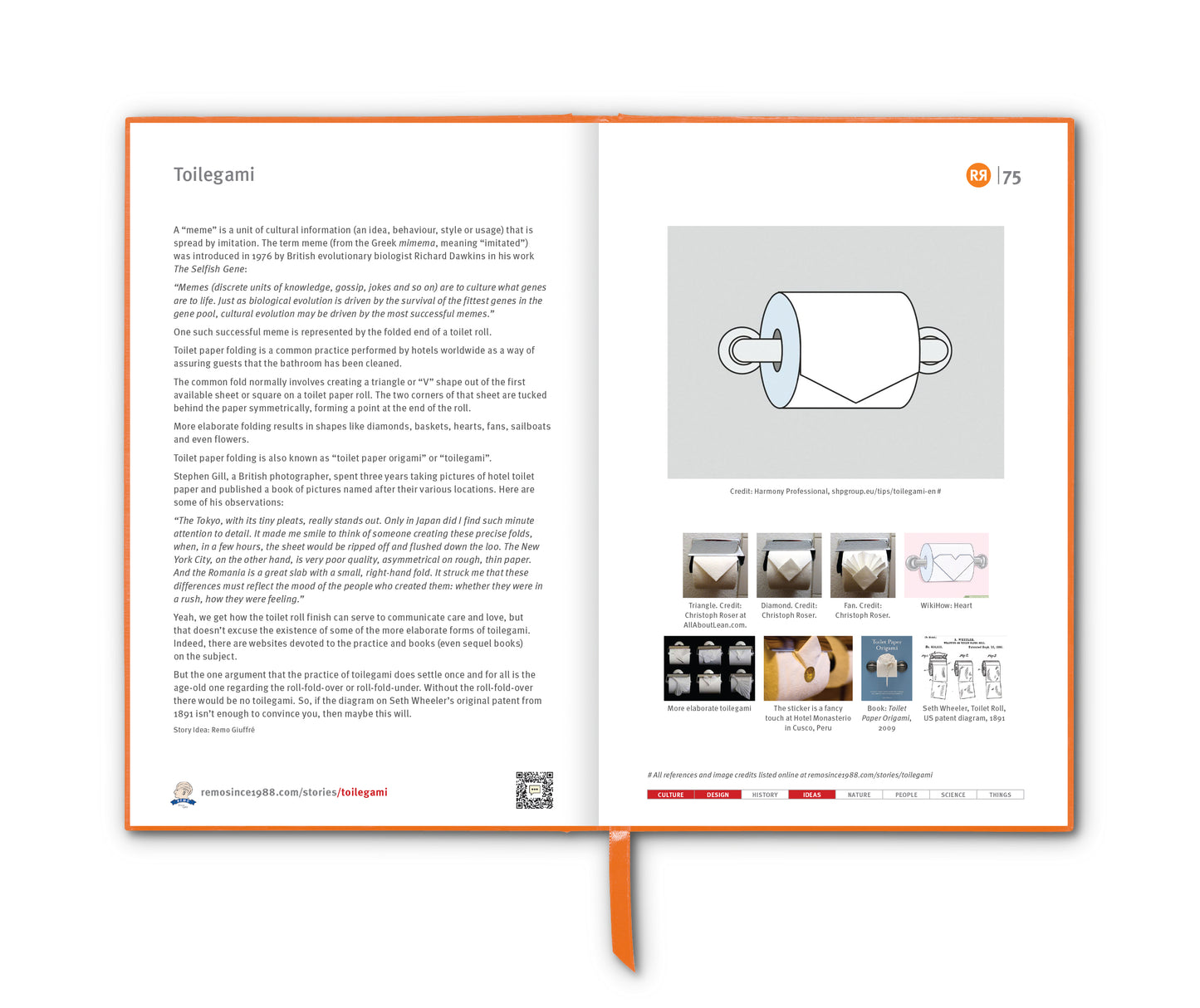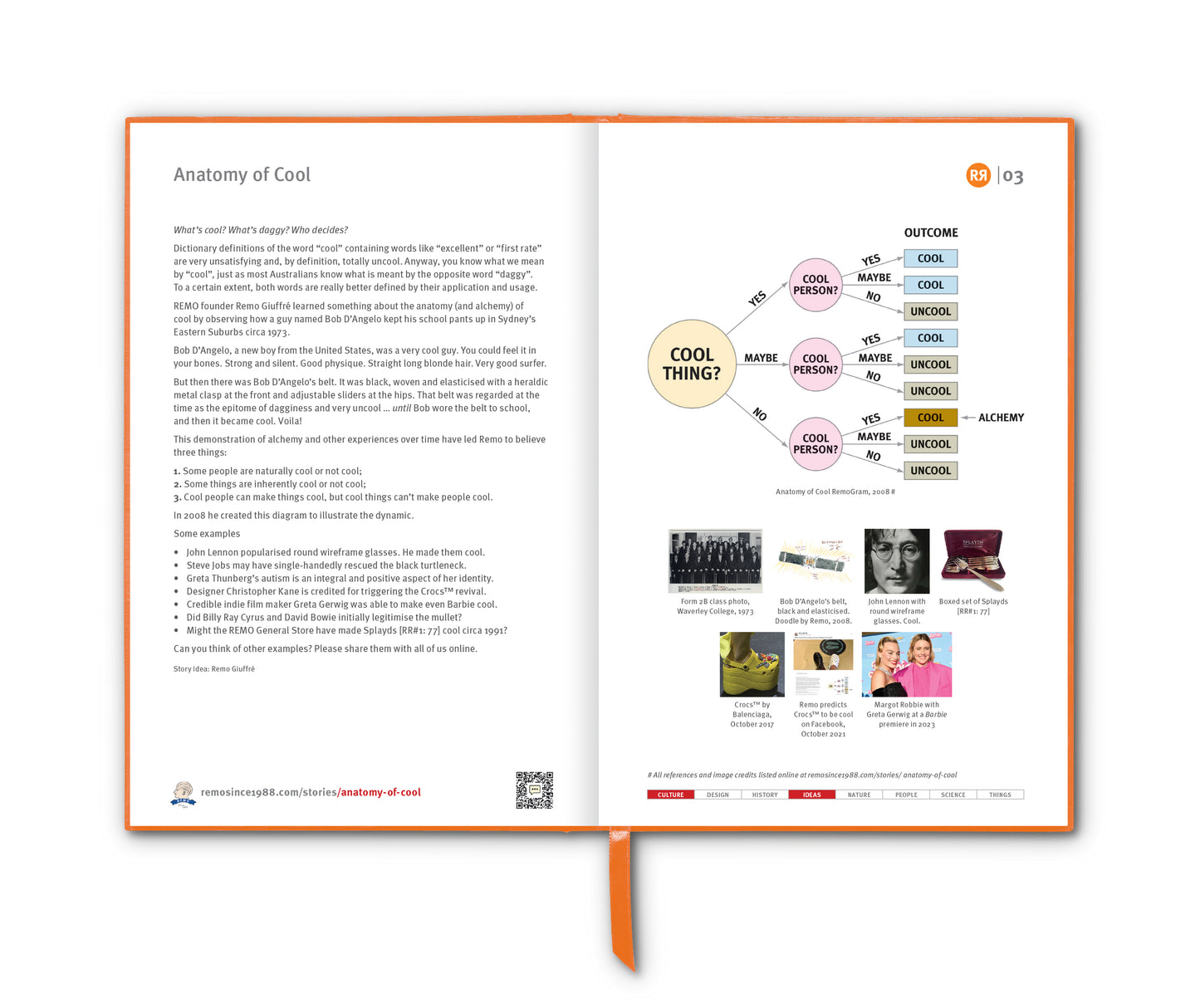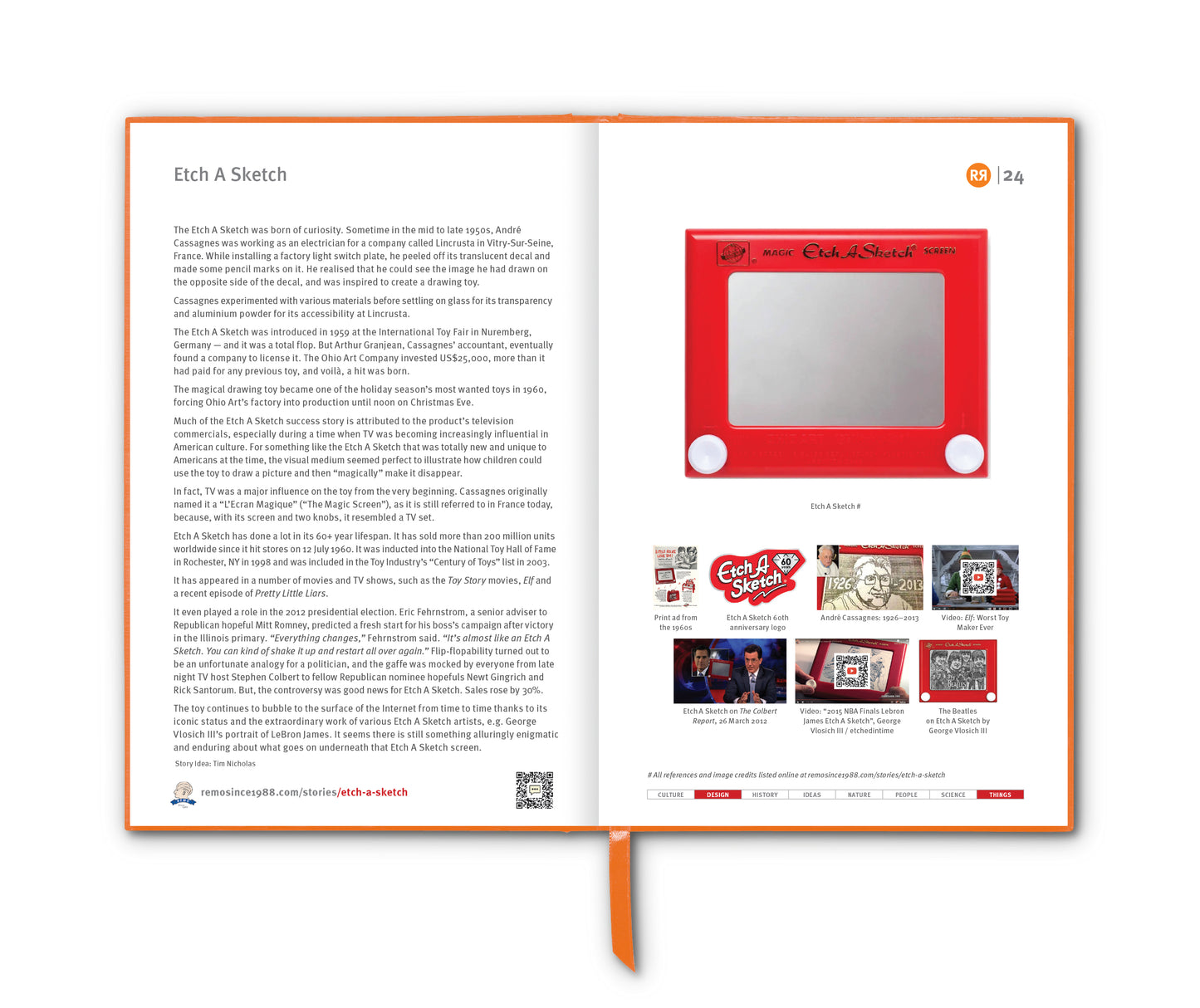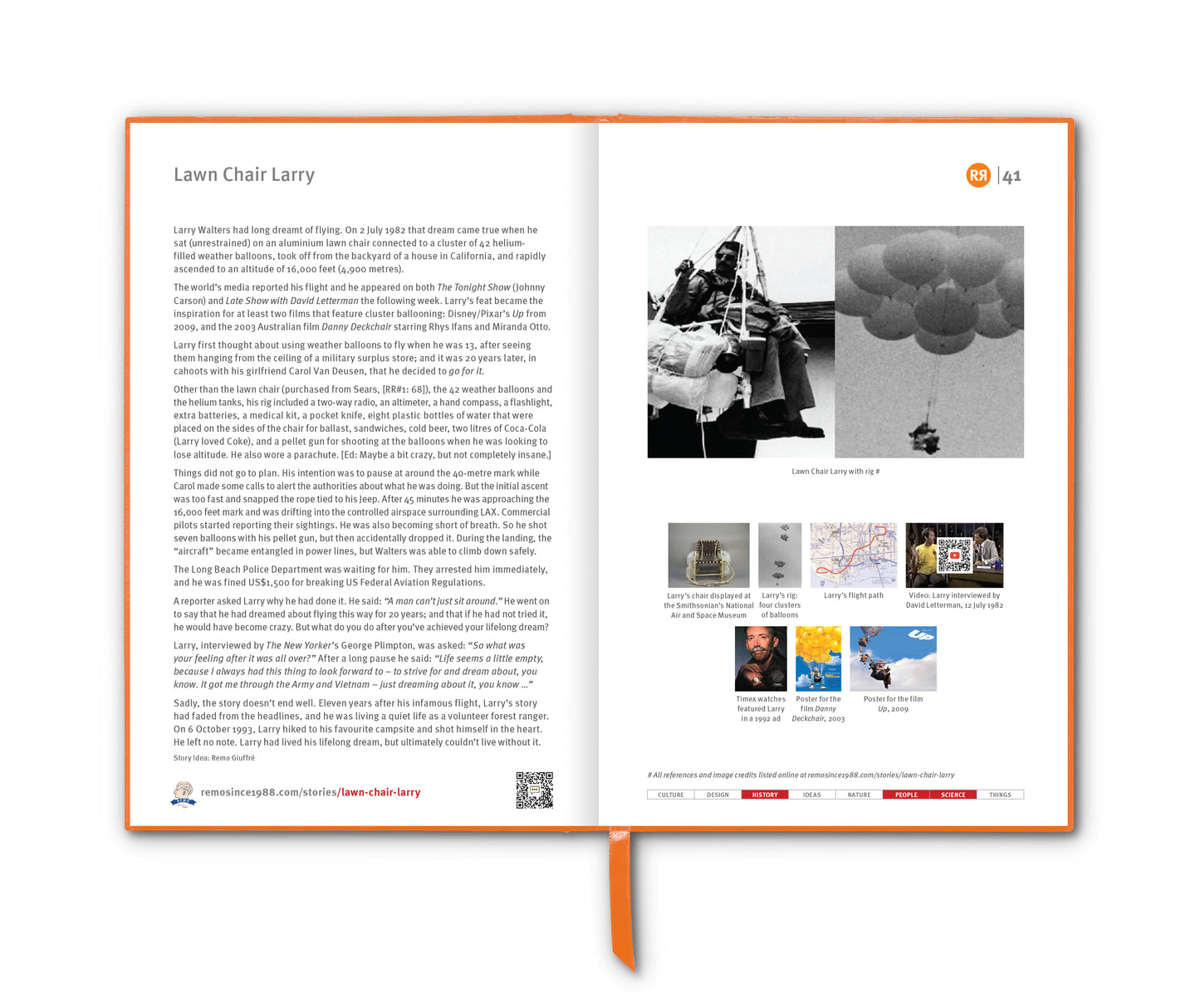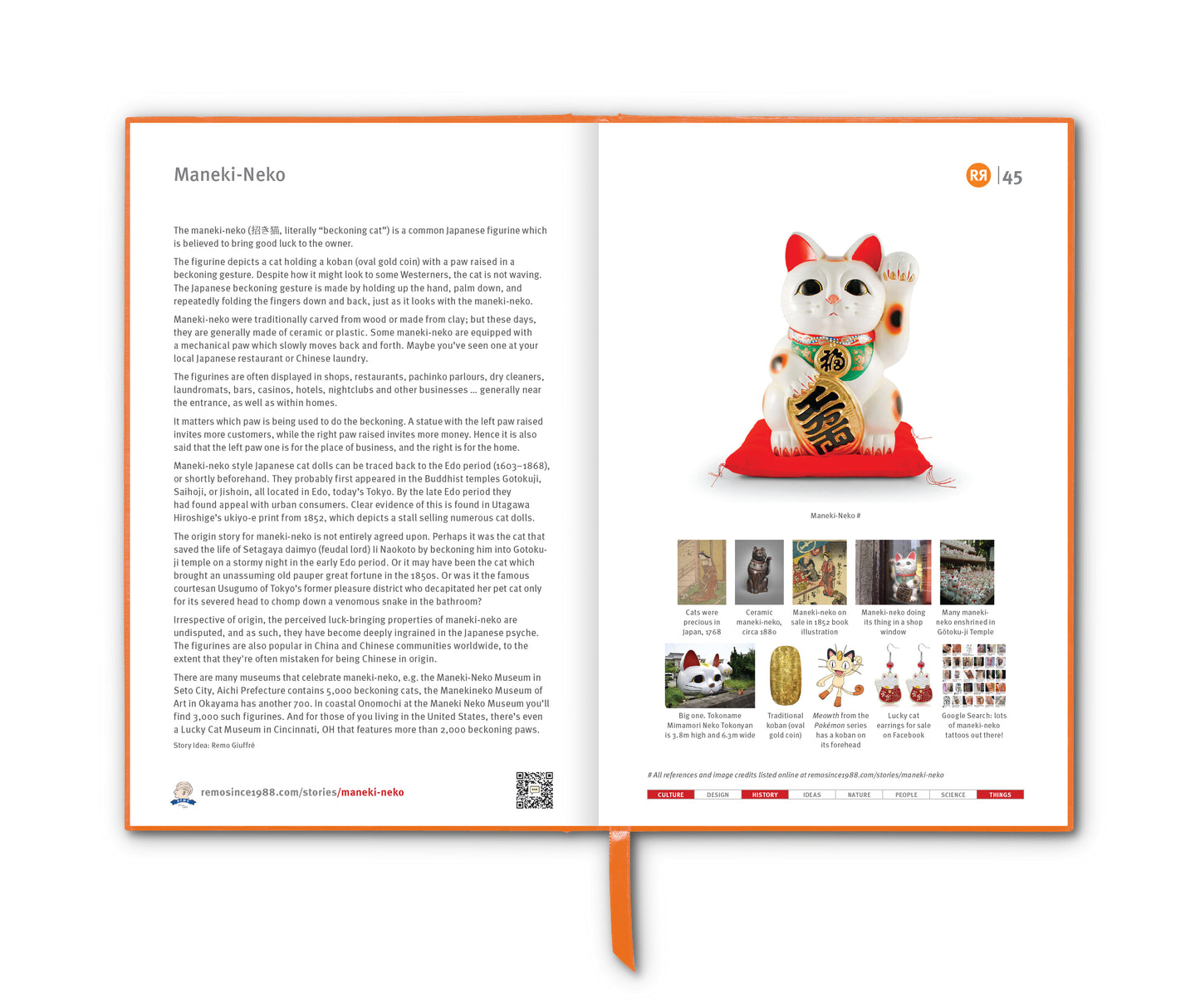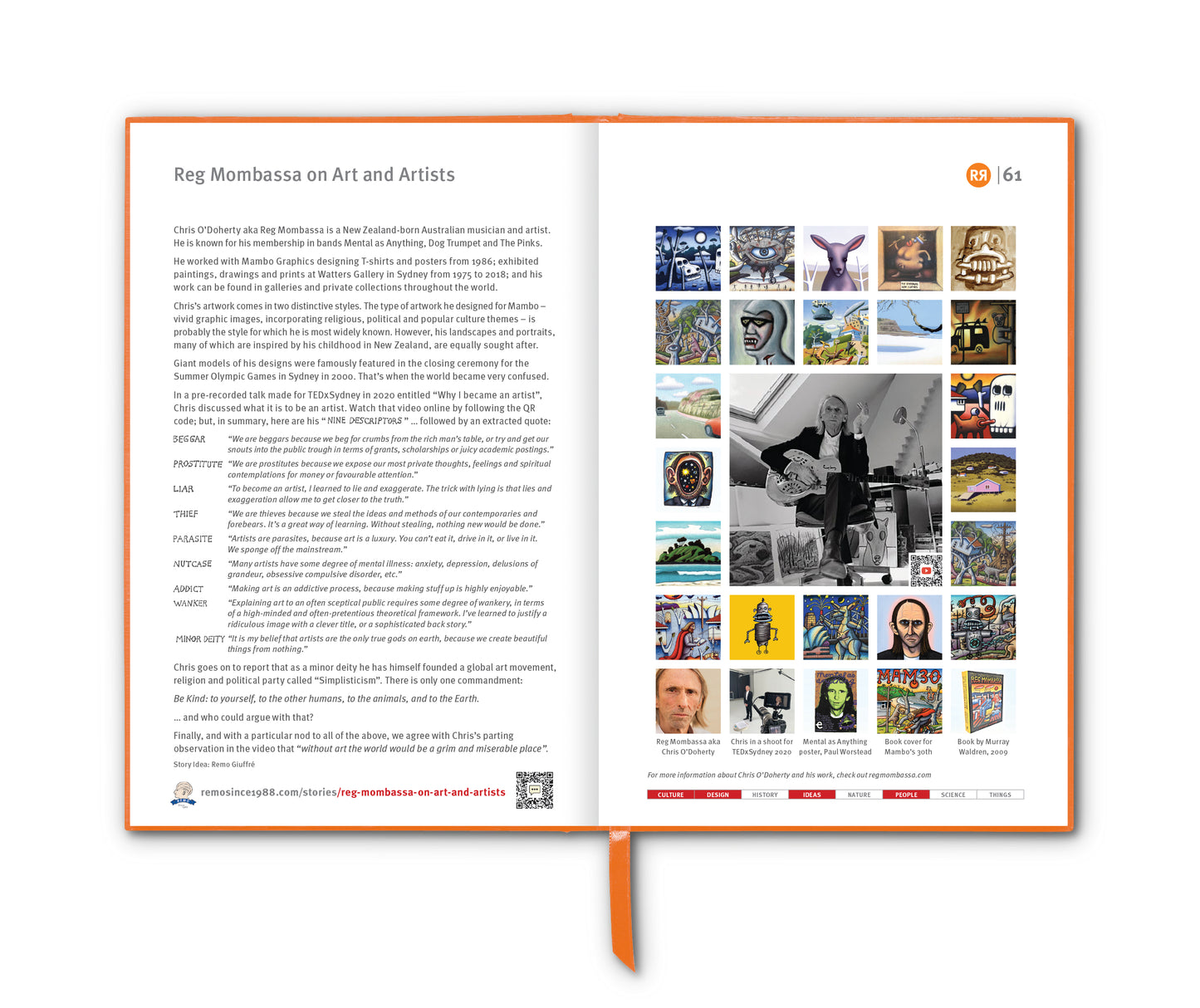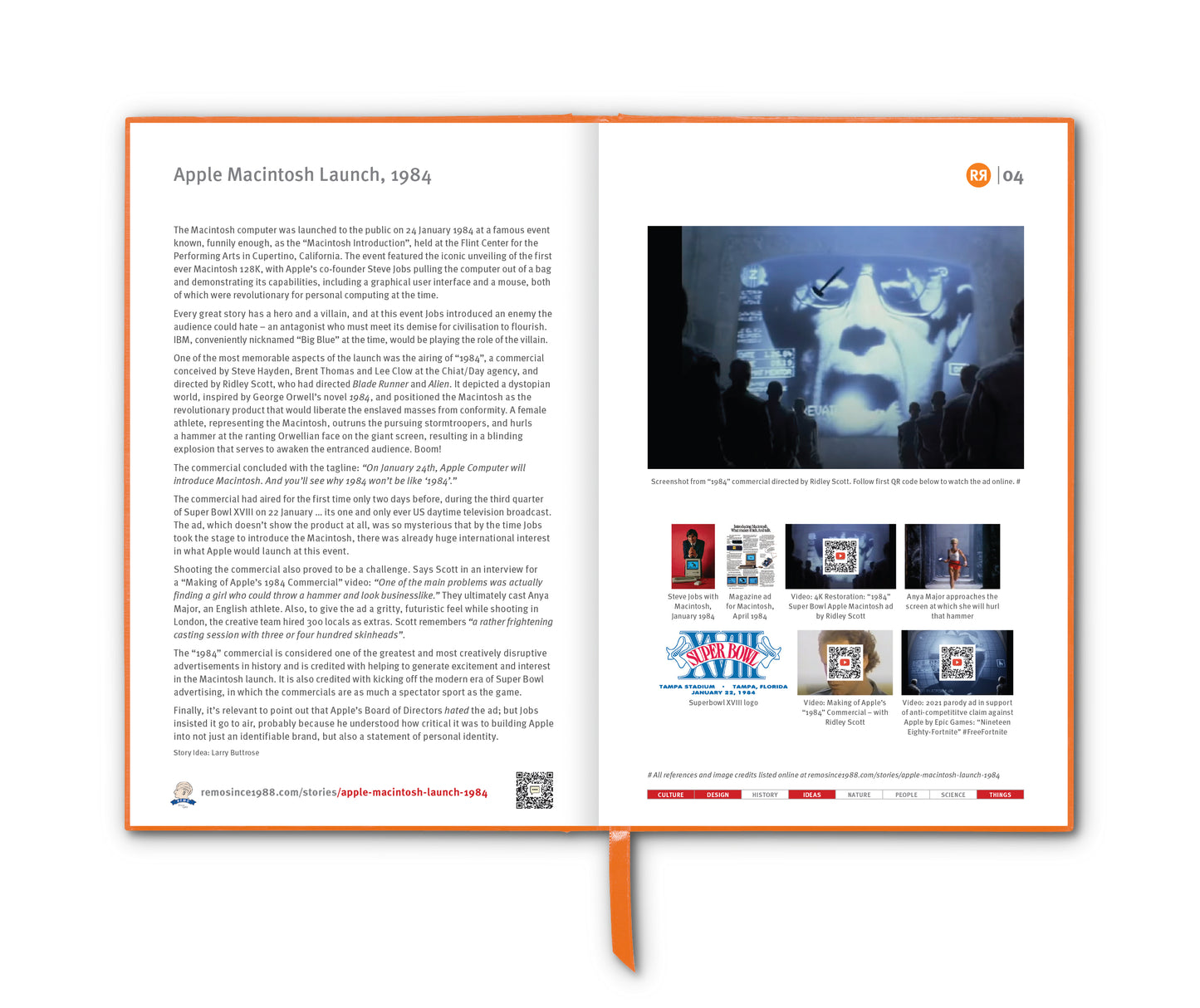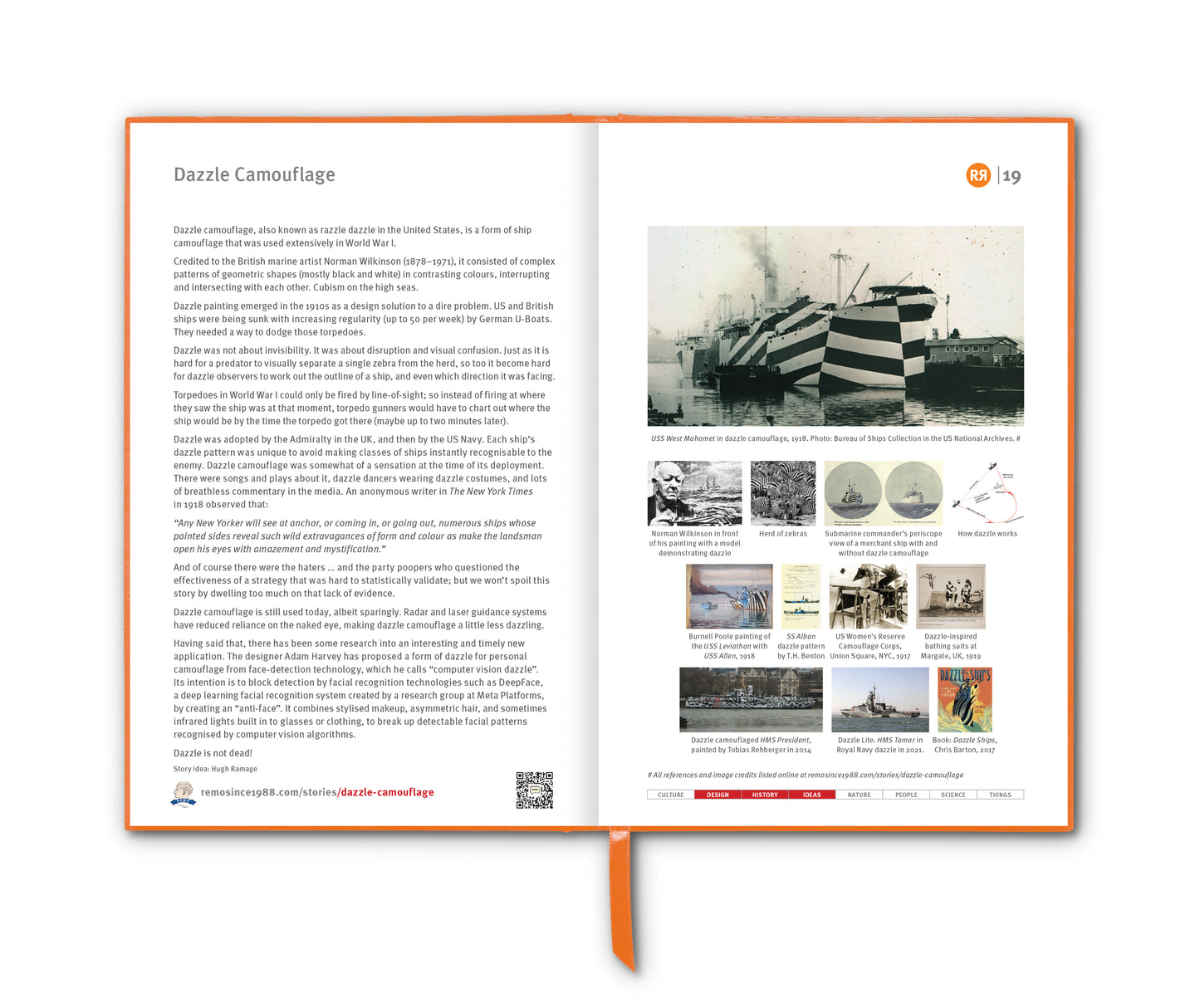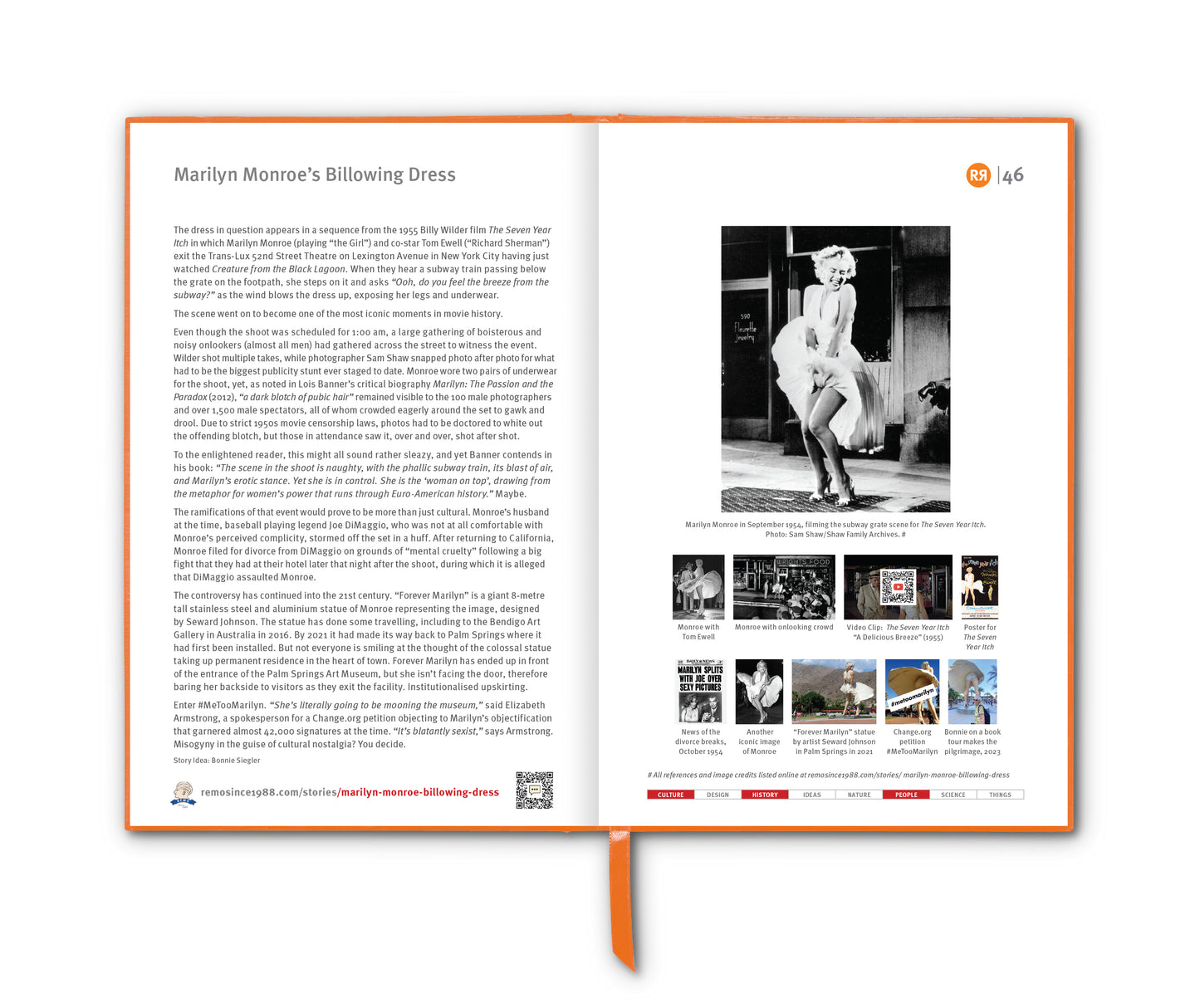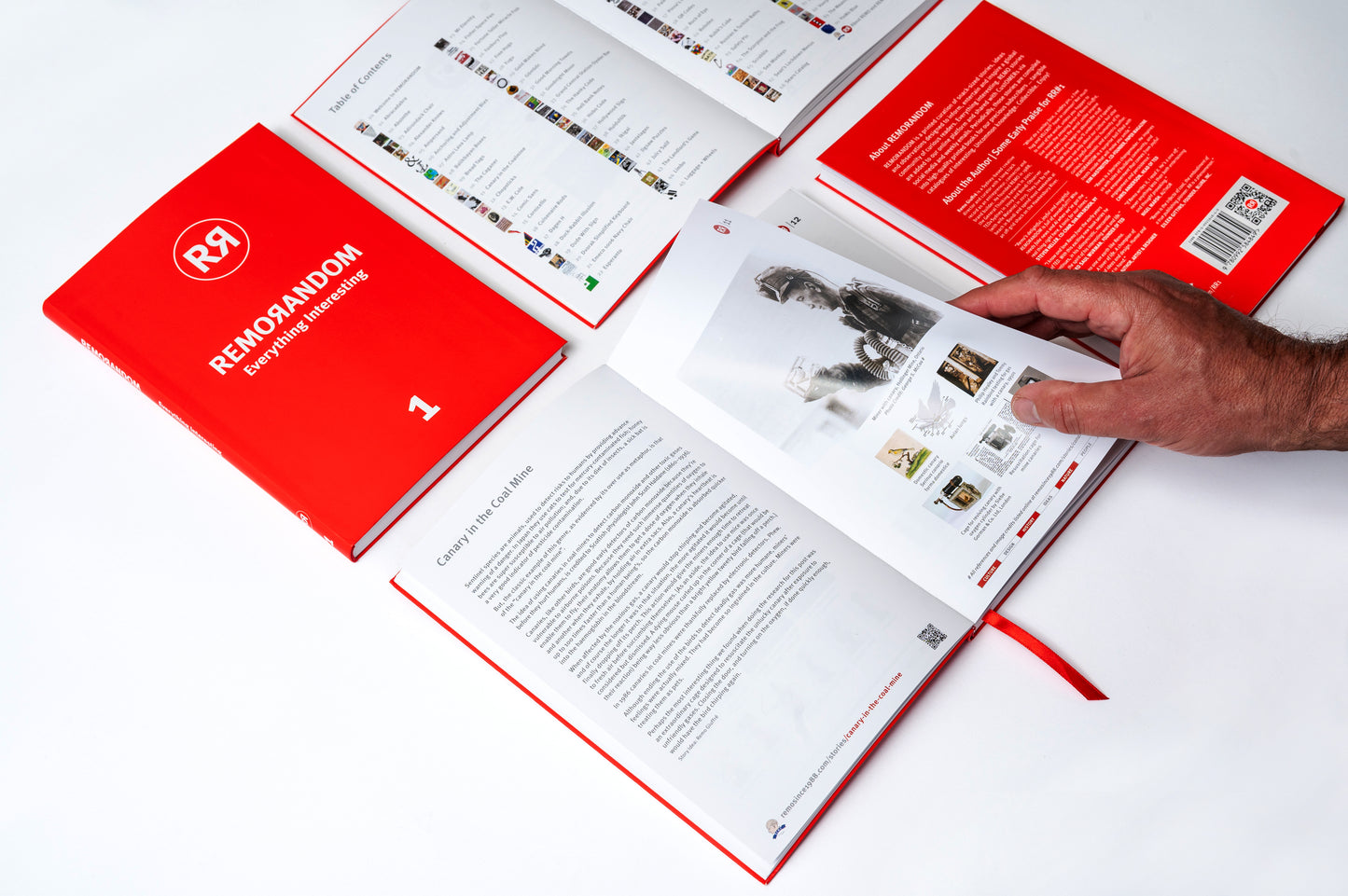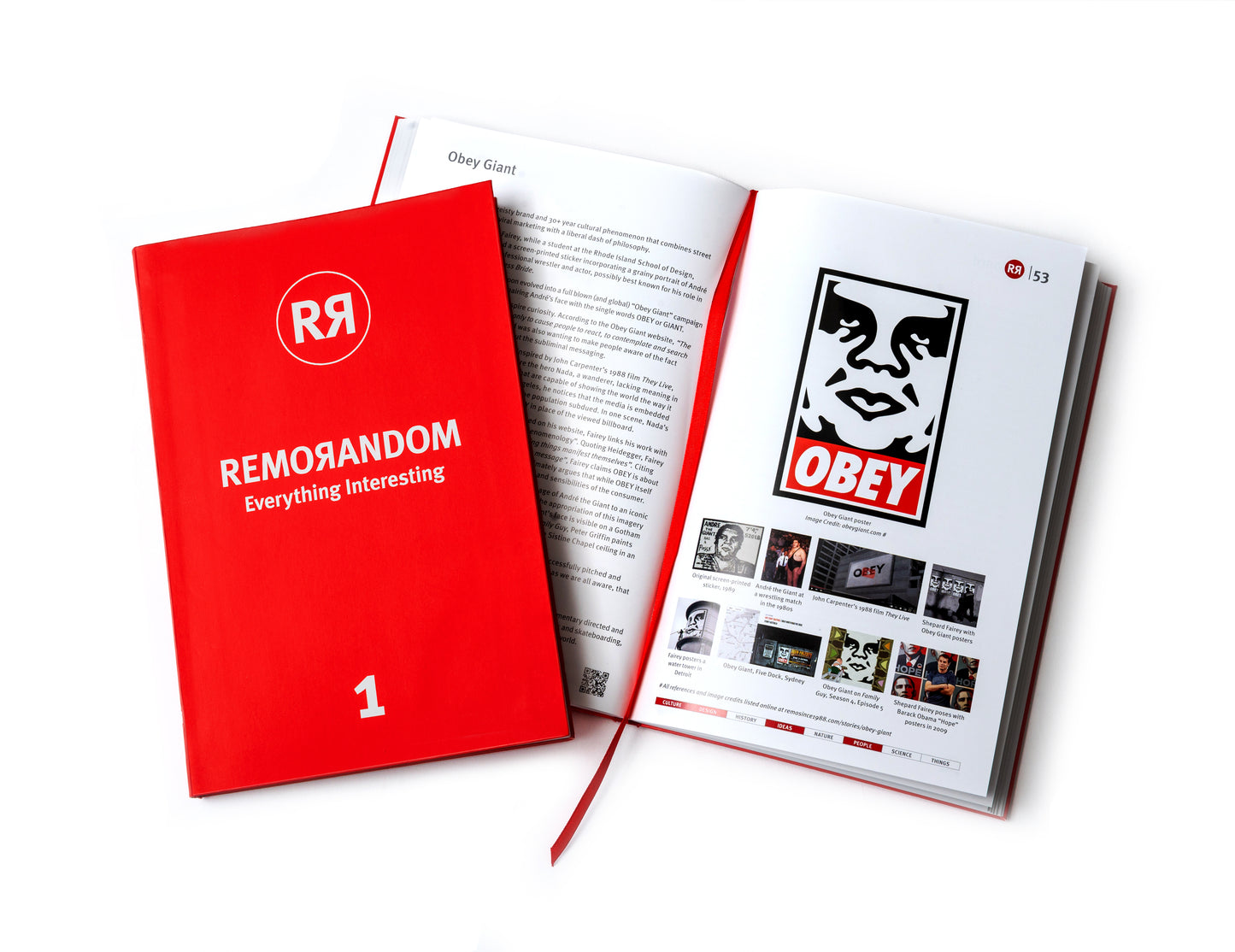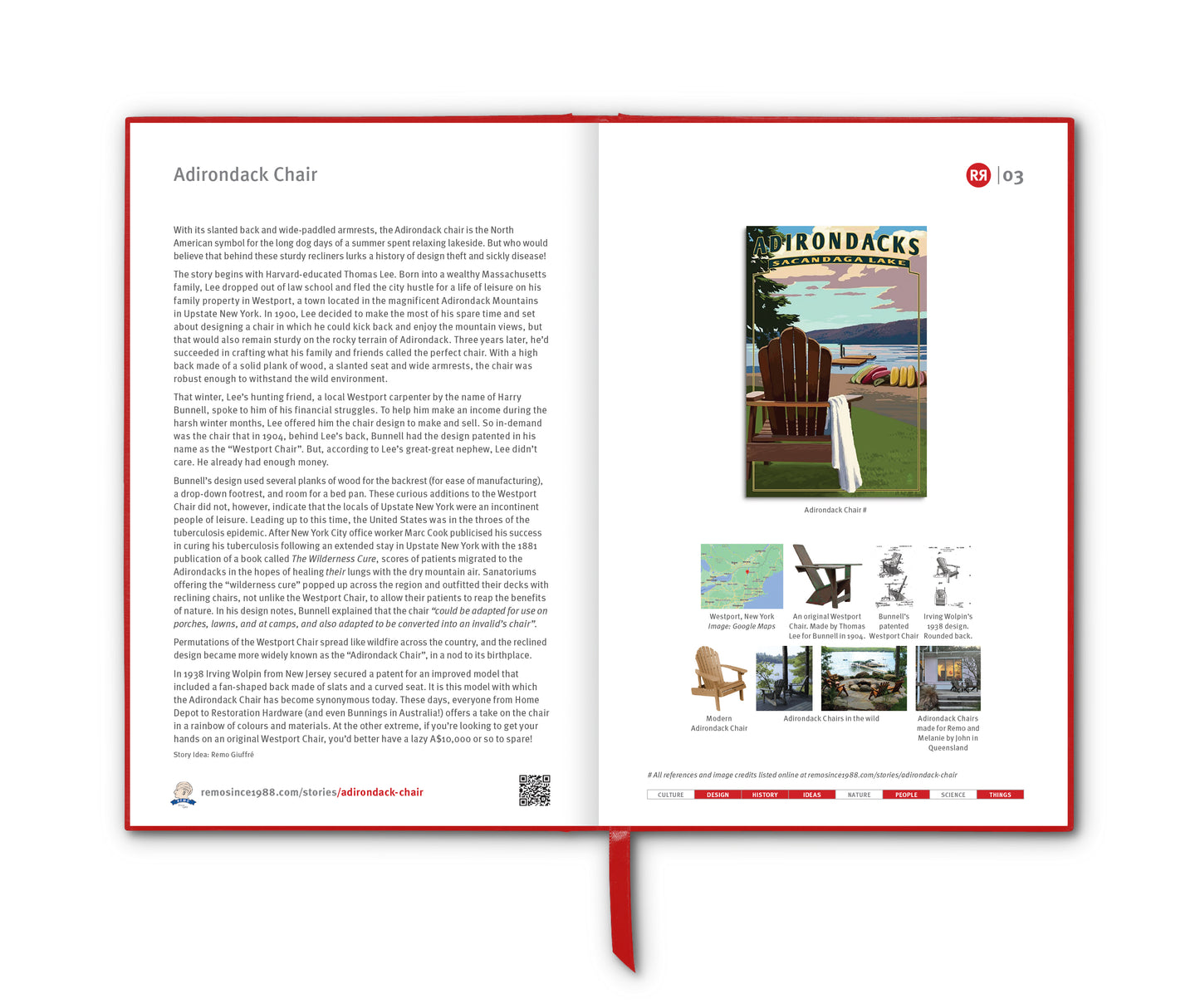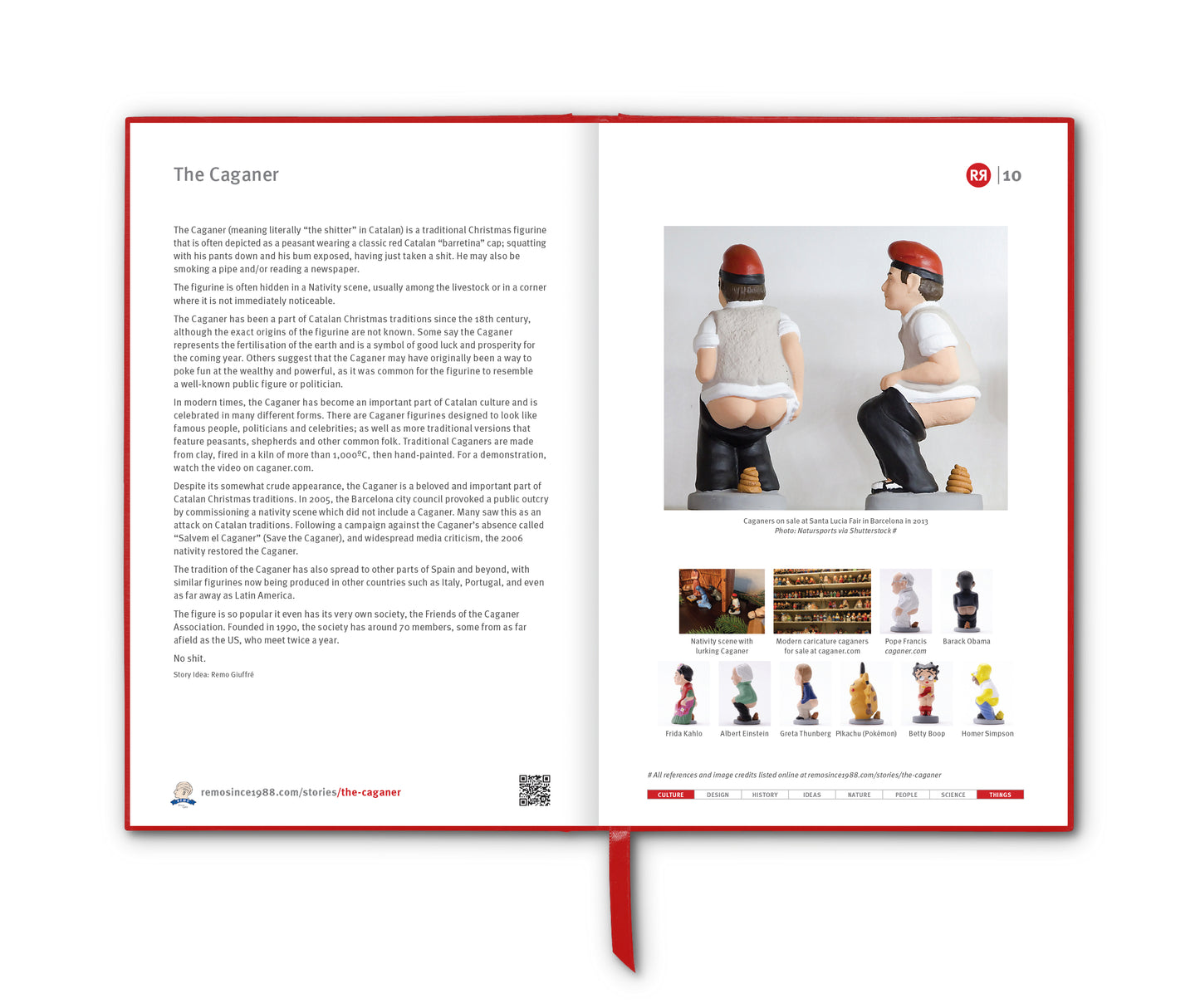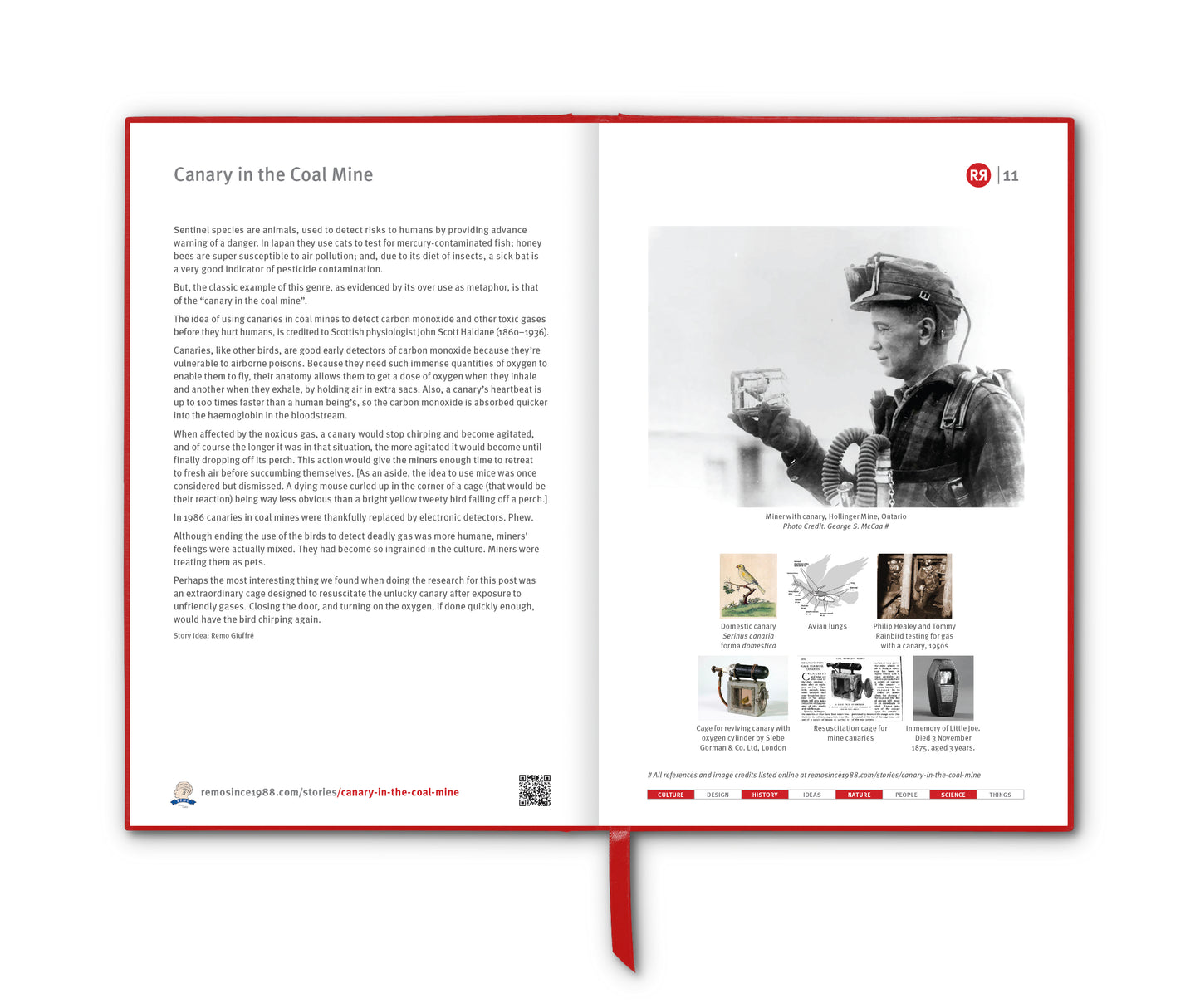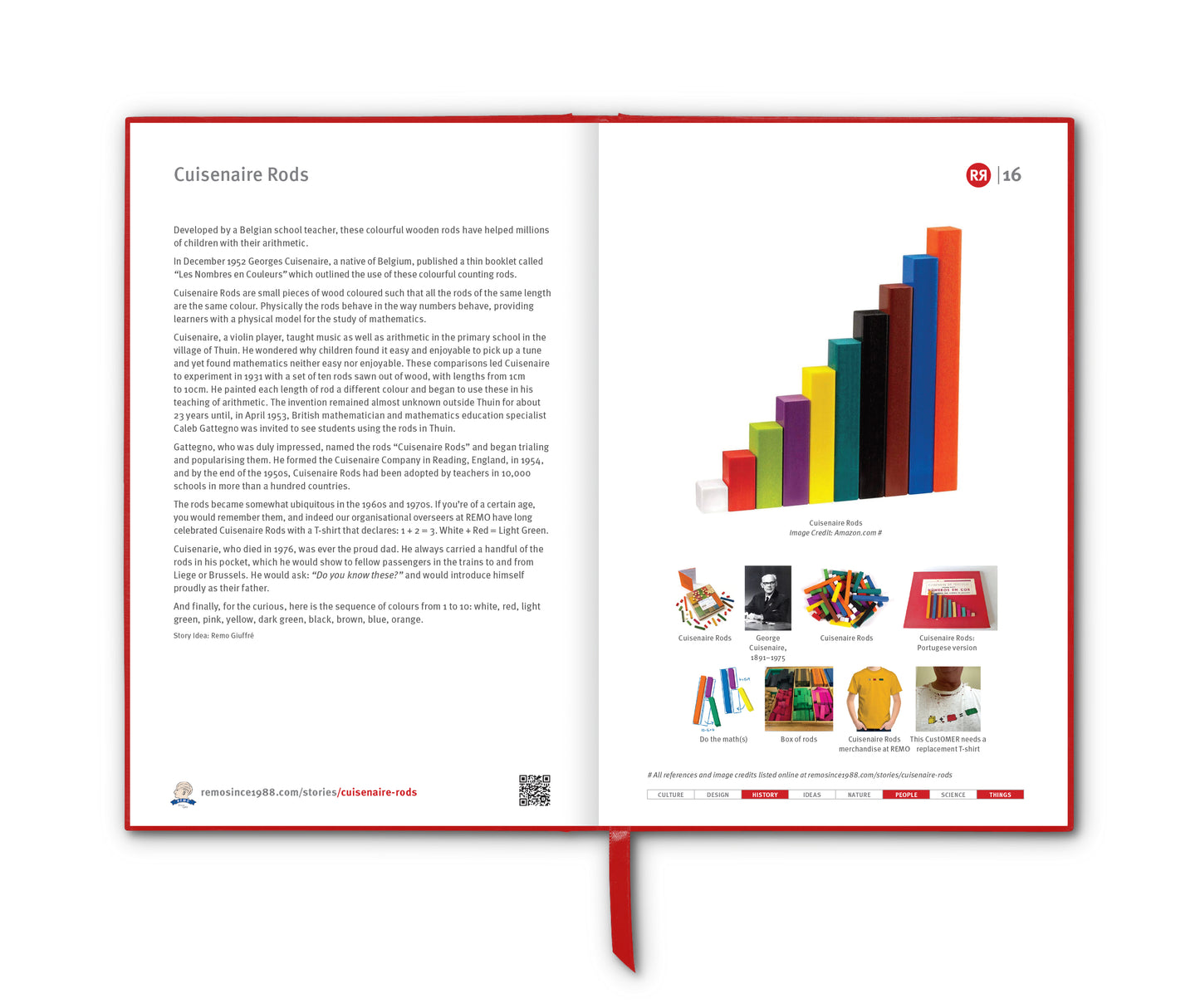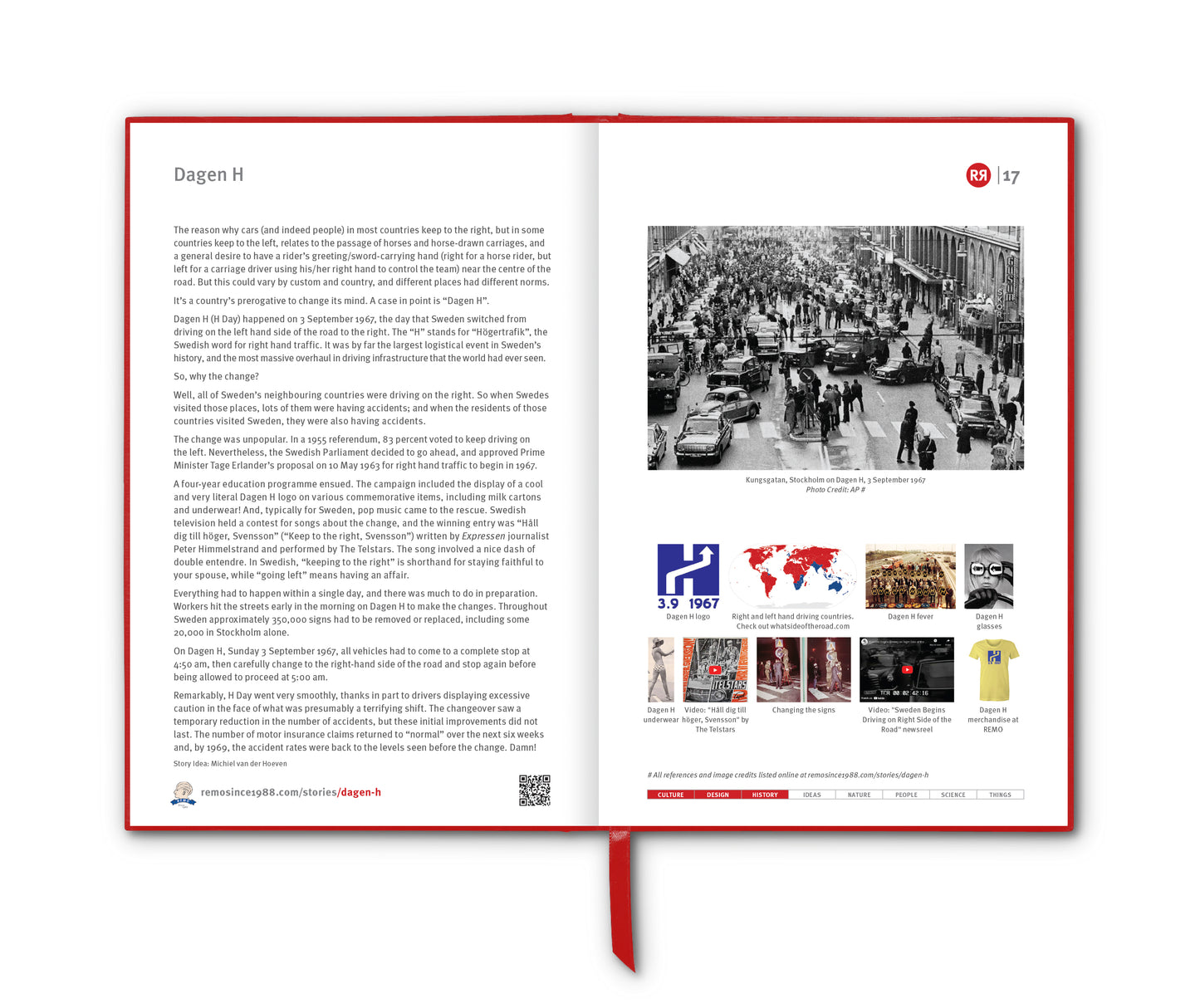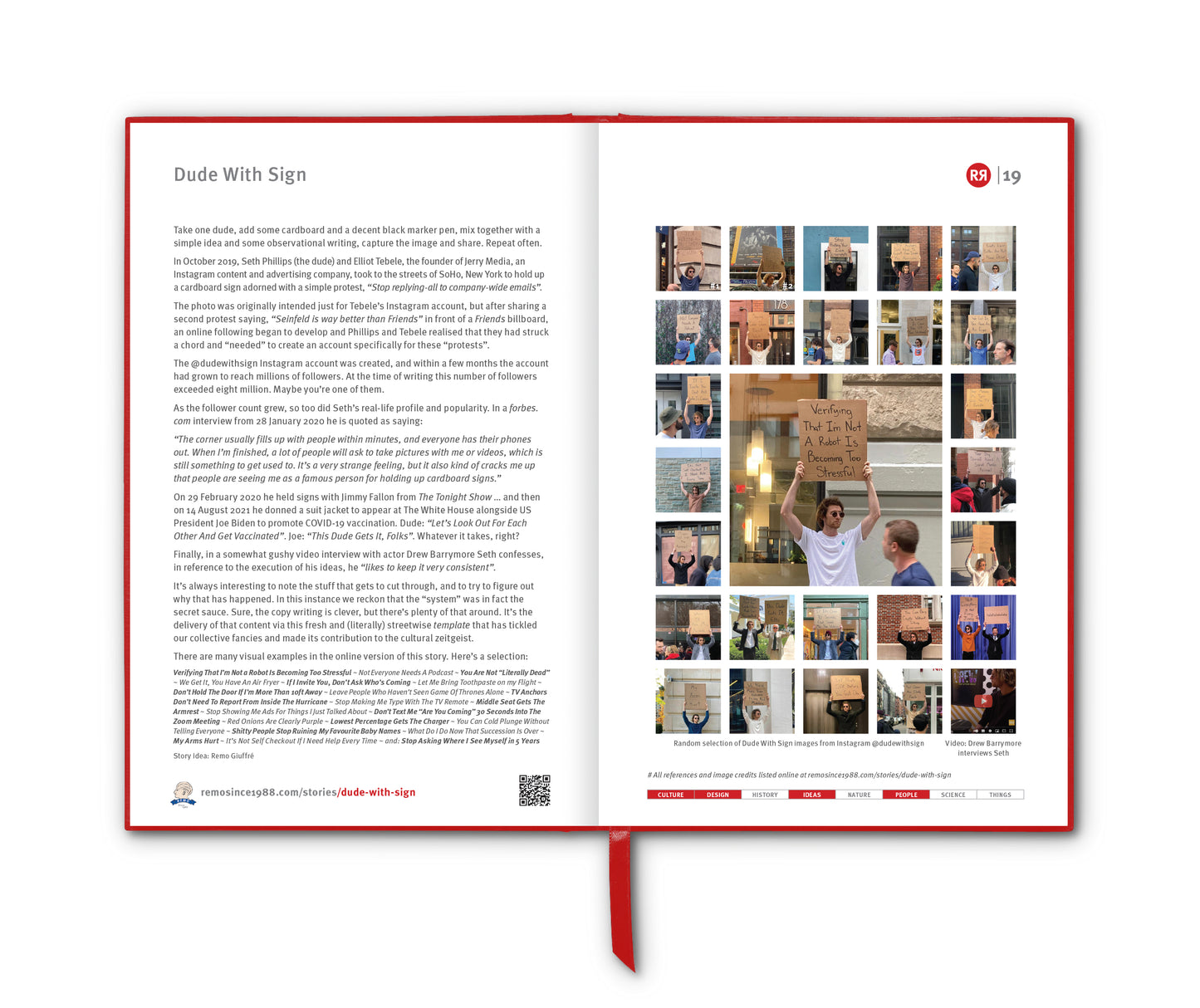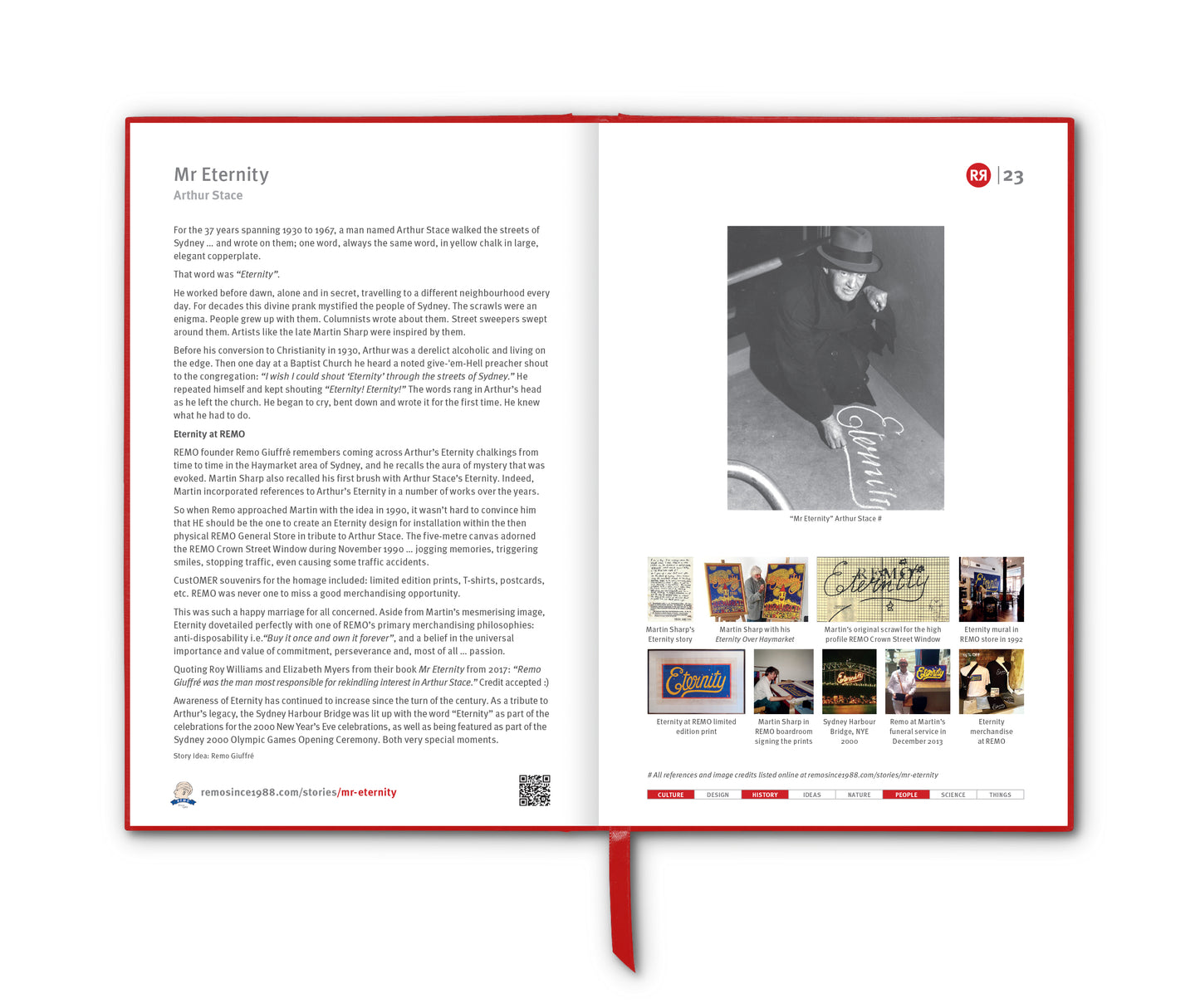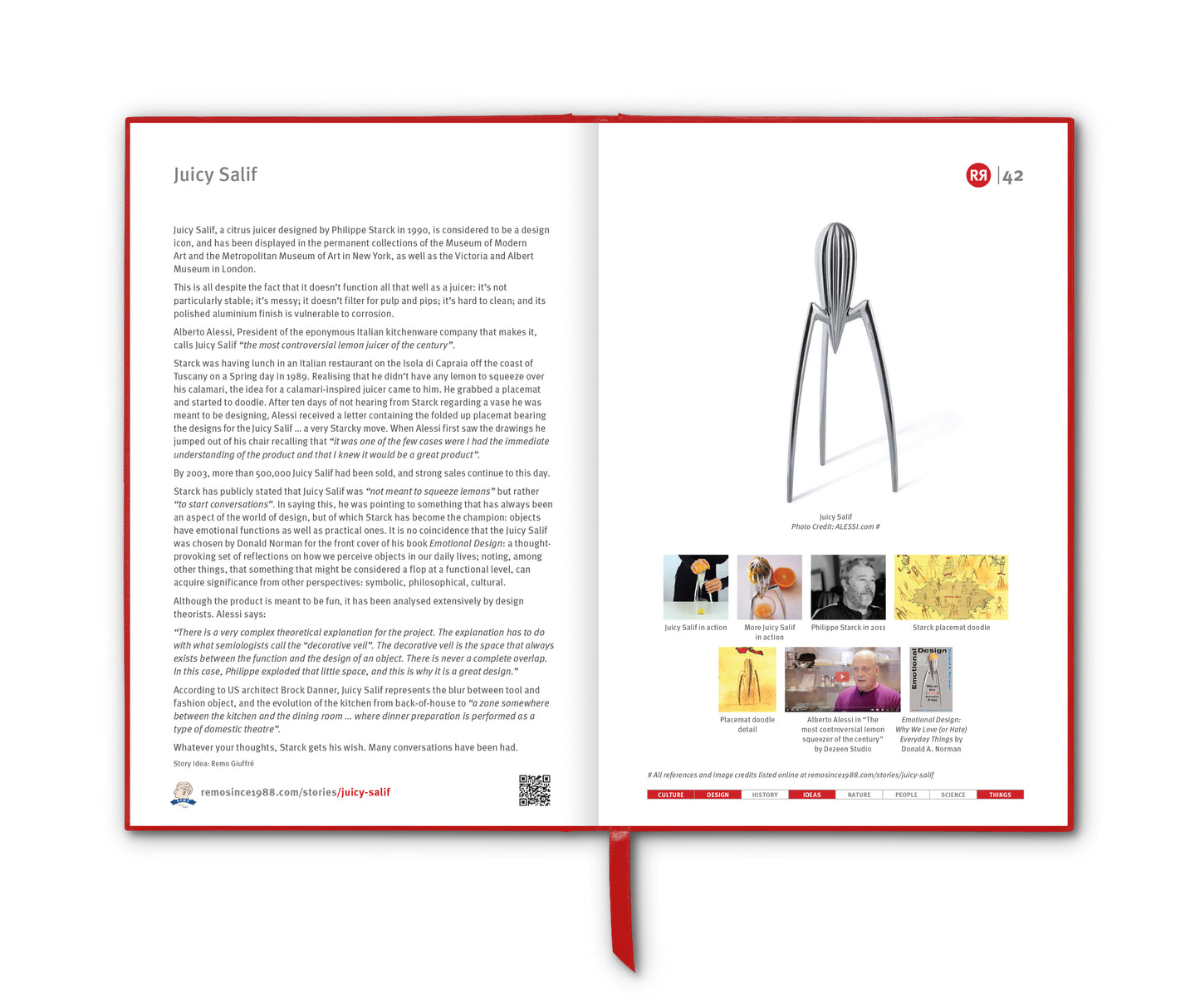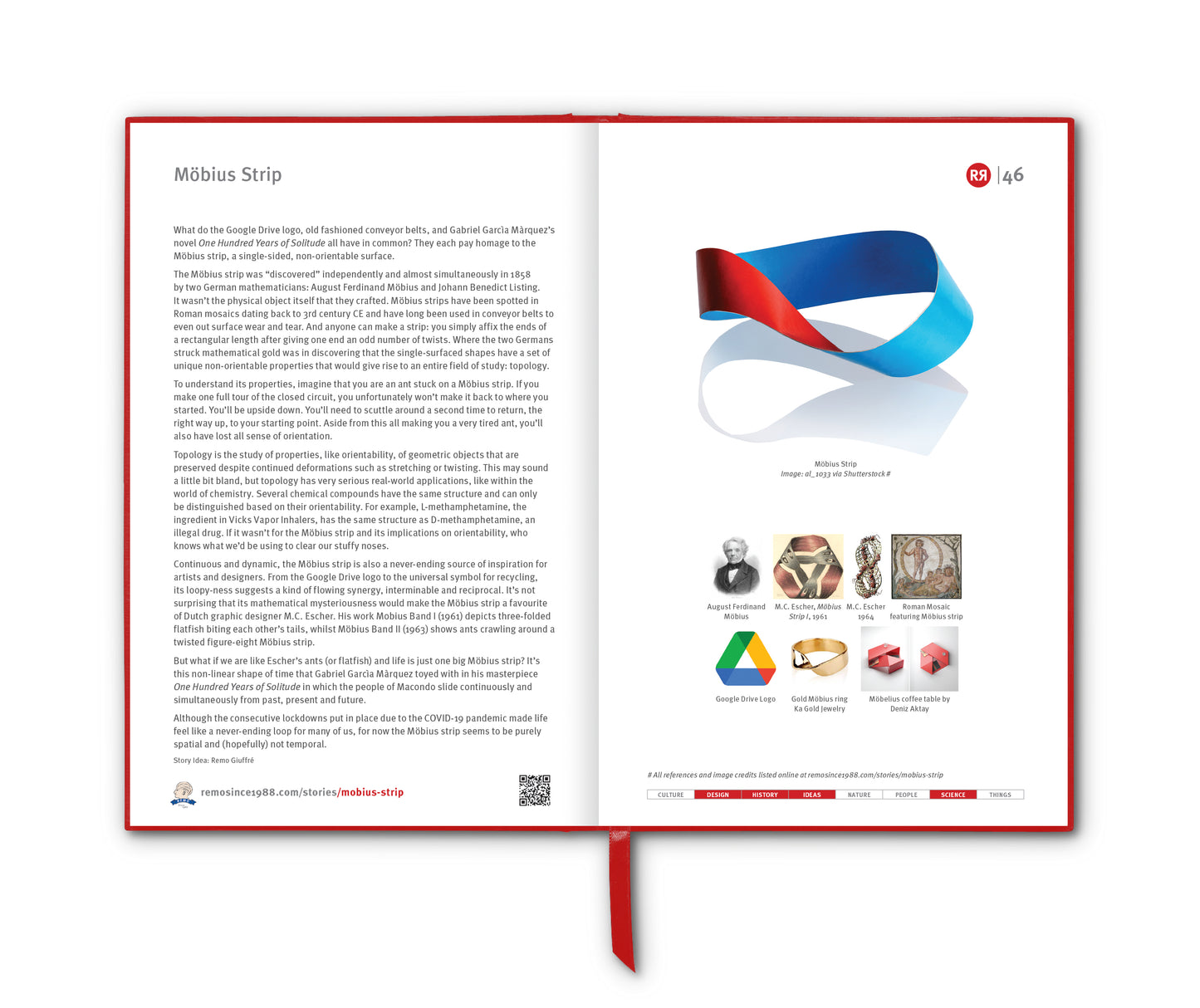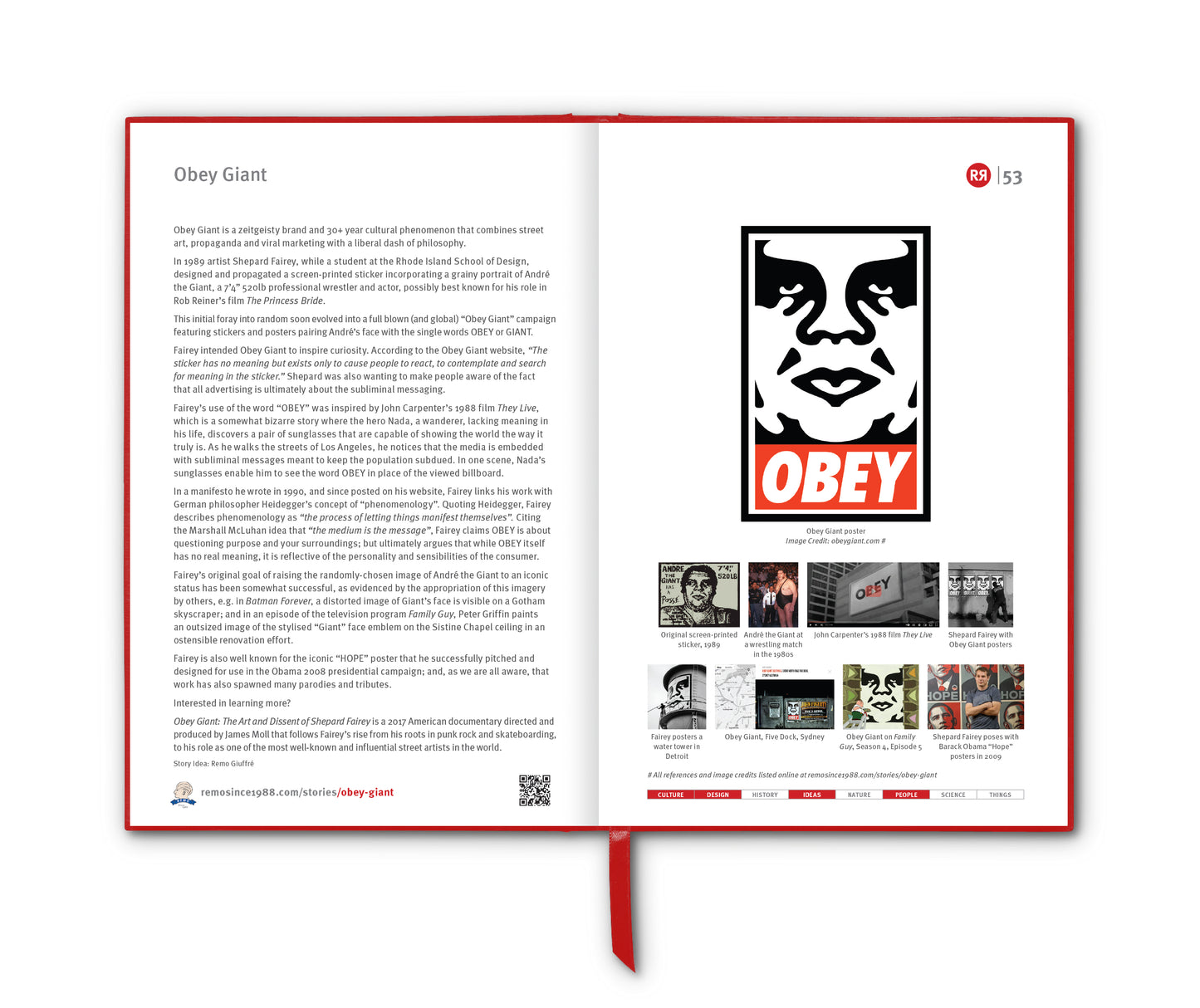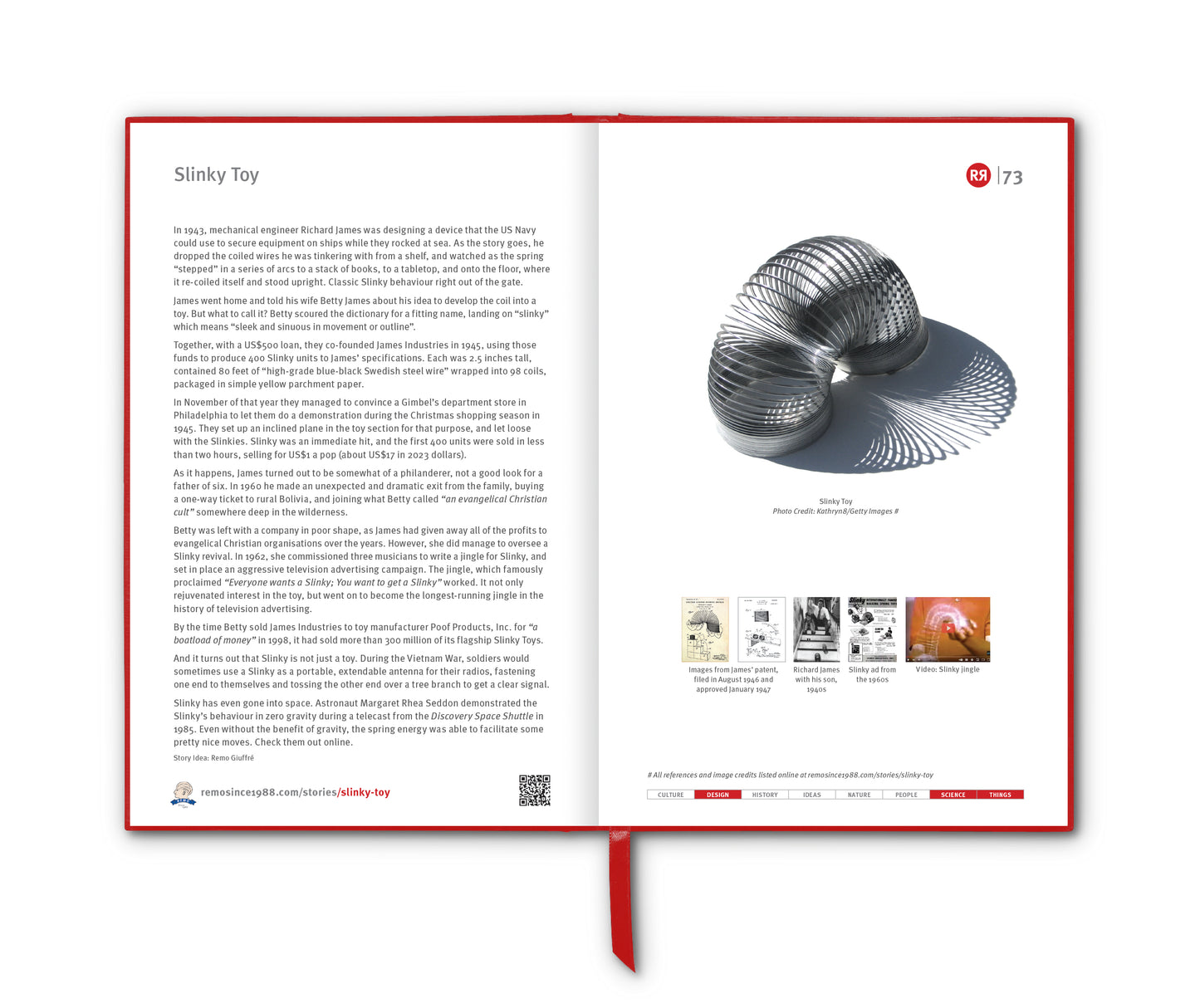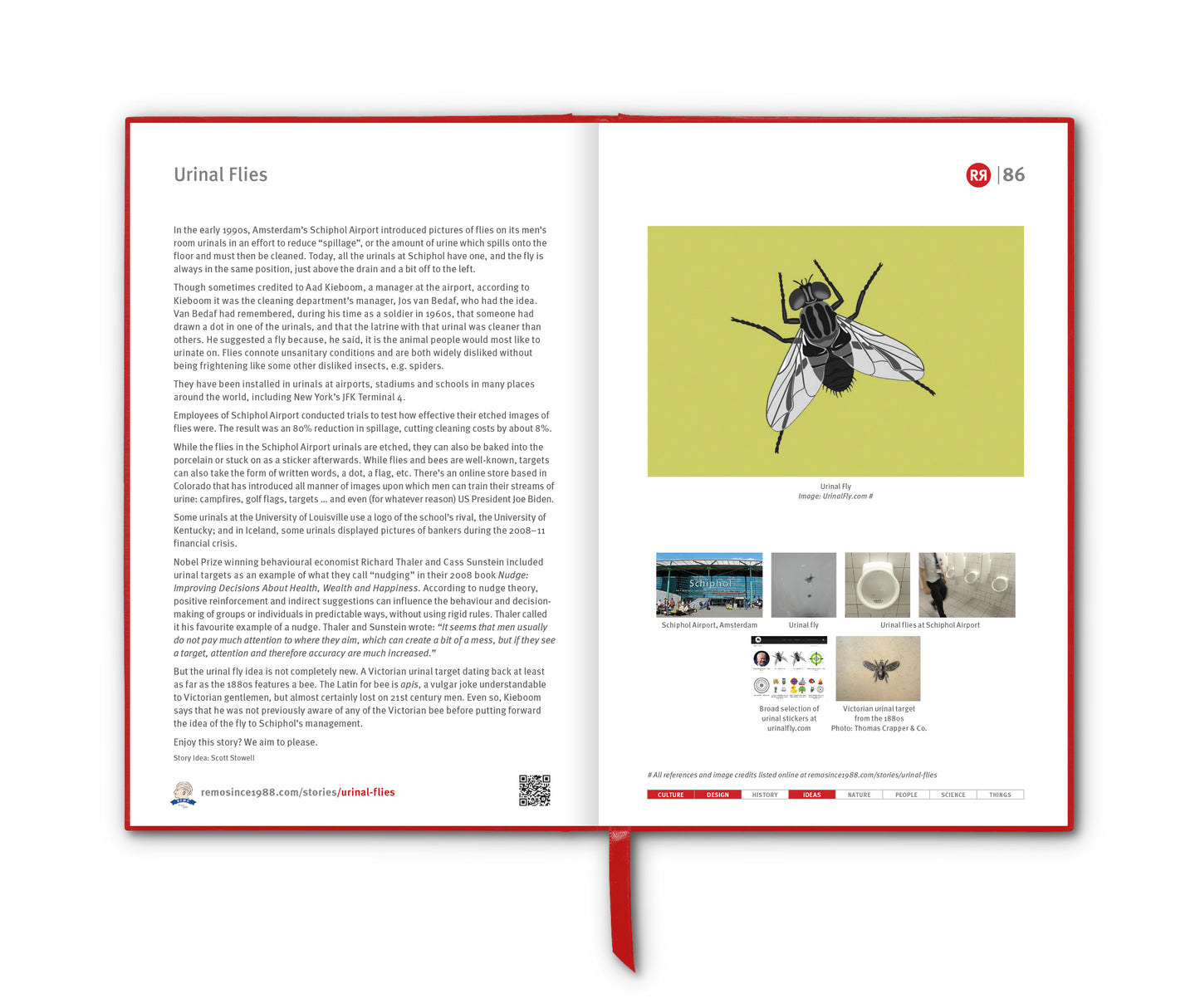The Peter principle is a concept in management developed by Dr. Laurence J. Peter which observes that people in a hierarchy tend to rise to "a level of respective incompetence”, i.e. employees are promoted based on their success in doing previous jobs until they reach a level at which they are no longer competent, as skills in one job do not necessarily translate to another. A great teacher might become an OK assistant principal, but then ultimately a lousy school principal.
This outcome is inevitable, given enough time and enough positions in the hierarchy to which competent employees may be promoted. According to Peter: “In time, every post tends to be occupied by an employee who is incompetent to carry out its duties."
The concept was explained and compellingly packaged in the 1969 book The Peter Principle by Peter and Raymond Hull. Hull actually wrote the book, but it was based on Peter's research. Peter and Hull intended the book to be satire, but it became popular as it was seen to make a serious point about the shortcomings of how people are promoted within hierarchical organisations. The Peter principle has since been the subject of much commentary and research.
Although Peter is credited with the principle, others have made observations similar to the Peter principle long before Peter's research. Gotthold Ephraim Lessing's 1763 play Minna von Barnhelm features an army sergeant who shuns the opportunity to move up in the ranks, saying "I am a good sergeant; I might easily make a bad captain, and certainly an even worse general. One knows from experience." Similarly, Carl von Clausewitz (1780–1831) wrote that "there is nothing more common than to hear of men losing their energy on being raised to a higher position, to which they do not feel themselves equal.” And Spanish philosopher José Ortega y Gasset (1883–1955) virtually enunciated the Peter principle verbatim in 1910: “All public employees should be demoted to their immediately lower level, as they have been promoted until turning incompetent."
The concluding chapter of The Peter Principle applies the principle to the entire human species at an evolutionary level and asks whether humanity can survive in the long run, or will it become extinct upon reaching its level of incompetence as technology advances. Sobering.
The Peter principle inspired Scott Adams, creator of the comic strip Dilbert, to develop a similar concept, the Dilbert principle. The Dilbert principle holds that incompetent employees are promoted to management positions to get them out of the workflow. The idea was explained by Adams in his 1996 business book The Dilbert Principle, and it has since been analysed alongside the Peter principle.
Finally, The Peter Principle (broadcast as The Boss in the United States) was a British television sitcom broadcast by the BBC between 1995 and 2000, featuring Jim Broadbent as an incompetent bank manager named (you guessed it) Peter, in an apparent demonstration of the principle.
________________________
References
https://en.wikipedia.org/wiki/Peter_principle
https://www.toolshero.com/toolsheroes/laurence-j-peter/
Images
1. Dr Laurence J. Peter in 1979
2. Book: The Peter Principle by Dr Laurence J. Peter and Raymond Hull, 1969
3. Dilbert by Scott Adams
4. The Peter Principle BBC television series from 1995 and 2000






































































